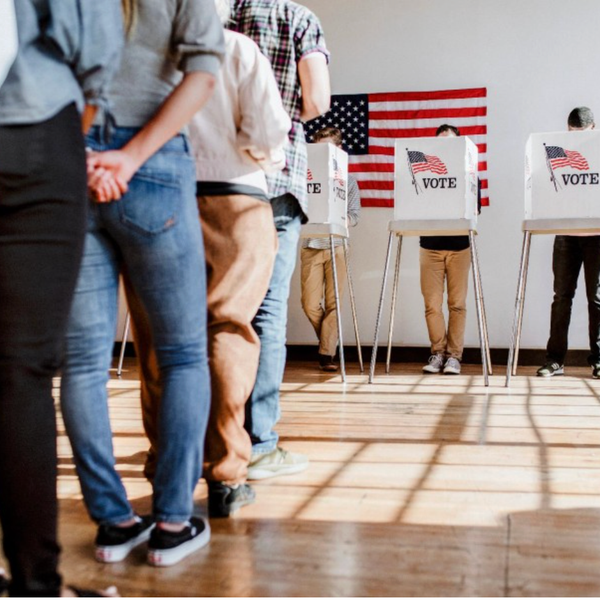
By Lesley Clark, McClatchy Washington Bureau (TNS)
WASHINGTON — A court decision Thursday that declared the National Security Agency’s bulk collection of telephone metadata to be illegal revealed a sharp split among several Republican presidential hopefuls over the scope of the surveillance.
Minutes after the court’s announcement, Sen. Rand Paul of Kentucky, who has challenged the constitutionality of the program, called the ruling a “monumental decision for all lovers of liberty” and urged the U.S. Supreme Court to strike down the spying program.
He also called on Congress to repeal the USA Patriot Act provision that permits the collection and said he would “continue to fight to prevent the Washington machine from illegally seizing any American’s personal communication.”
That stance puts him at sharp odds with Sen. Marco Rubio of Florida, one of his rivals for the Republican presidential nomination next year, who took to the Senate floor, along with Sens. Richard Burr (R-NC) and Tom Cotton (R-AK) to defend the program and accuse critics of “raising hysteria.”
Rubio charged that a perception has been created, “including by political figures that serve in this chamber, that the United States government is listening to your phone calls or going through your bills as a matter of course. That is absolutely, categorically false.”
“The next time that any politician, senator, congressman, talking head, whatever it may be, stands up and says that the U.S. government is listening to your phone calls or going through your phone records, they’re lying,” Rubio said.
On the Democratic side, Vermont Sen. Bernie Sanders, an independent running for the Democratic Party’s presidential nod, tweeted, “It’s Time To End Orwellian Surveillance of Every American.”
On his Senate website, he said: “Clearly we must do everything we can to protect our country from the serious potential of another terrorist attack, but we can and must do so in a way that also protects the constitutional rights of the American people and maintains our free society.”
Democratic hopeful Hillary Clinton had not commented on the ruling by early evening, but on Twitter she pledged her support for the USA Freedom Act, a possible replacement for the Patriot Act but without the provision allowing the bulk collection of data.
“Congress should move ahead now with the USA Freedom Act — a good step forward in ongoing efforts to protect our security & civil liberties,” Clinton tweeted.
Likely Republican contender and former Florida Gov. Jeb Bush last month said President Barack Obama’s support for using big metadata was the “best part” of the administration.
“The first obligation of our national government is to keep us safe,” Bush said in a radio interview on “The Michael Medved Show.” “And the technology that now can be applied to make that so, while protecting civil liberties, are there and (Obama’s) not abandoned them even though there was some indication that he might.”
The ruling from the New York-based 2nd U.S. Circuit Court of Appeals comes as the Senate debates renewing the USA Patriot Act, which includes Section 215, which allows the government to bulk-collect metadata of phone records.
The White House said Obama has privacy concerns about the bulk collection and is working with Congress on the USA Freedom Act to curb it.
That put the administration in the same camp as another Republican 2016 hopeful, Sen. Ted Cruz of Texas, who called for passage of the act. Cruz said the ruling “ends the NSA’s unfettered data collection program once and for all, while at the same time preserving the government’s ability to obtain information to track down terrorists when it has sufficient justification and support for doing so.”
Rubio has charged the USA Freedom Act could undercut the ability to track terrorists.
(c)2015 McClatchy Washington Bureau, Distributed by Tribune Content Agency, LLC.
Photo: NSA Operations Center (via Wikimedia Commons)








